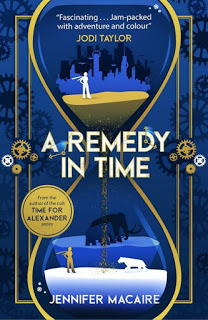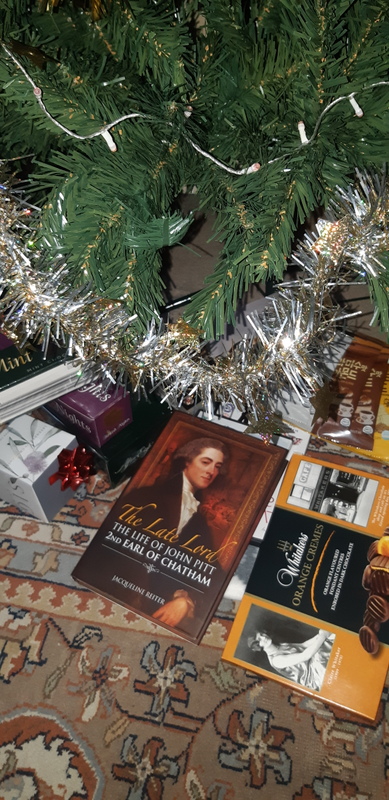This is not a book blog. There are lots of book bloggers out there who review lots of books. I’m not one of them. I keep trying to cut down on the number of books I review here. Despite this, in 2020 I reviewed more than twenty.
How does this keep happening?
Firstly, I know a lot of writers. And they (like me) are desperate to see their books reviewed. If people don’t review them, how will anybody know about them? Many excellent books are overlooked by reviewers and readers, especially if they are not published by big publishers with significant marketing budgets. If I can help get some of these titles even a little bit more visibility, I think that will have been worthwhile.
Secondly, I get given books. Some I ask for (mainly through NetGalley), some are offered to me by publishers. Lots of writers complain on social media that no one will review their books but can I suggest they learn from some publishers? Publishers are often criticised for not doing a lot for their authors, but they do seem better at identifying potential bloggers and contacting them than are many writers.
Although people giving you books are not supposed to ask for reviews as a quid pro quo (Amazon, in particular, prohibits this), there is an implicit social contract that demands that you write a review. That can be embarrassing if you hated the book but fortunately that doesn’t happen often.
What do I review?
Basically, I review the books I get given to review. I may come across a book I’ve bought or seen in a library that I like so much I just have to review it, but books sent to me specifically for review get to the top of the pile. This makes my reviewing choices fairly eclectic.

I do try to prioritise books about history as my blog focuses on history. History stretches a fair way, though, from Jennifer Macaire’s prehistoric shenanigans (A Remedy in Time) to Alan Bardos’ excellent story set around the assassination of the Archduke Ferdinand in 1914 (The Assassins). There’s some non-fiction history as well, like Robert Griffiths’ authoritative guide to the Rifles in the Peninsular Campaign (Riflemen) and Jacqueline Reiter’s superb life of the Second Earl of Chatham, The Late Lord. (Both of those books, incidentally, were my own purchases – or more accurately gifts requested for Christmas – which gives some idea how good I thought they were.)

I also include quite a few thrillers (I really do like a good thriller) and even a romance. I’m not generally a romance fan, but I’ve made an exception for Gilli Allan’s excellent Buried Treasure.
How do I review?
I do try to find things to say about the books I review which go beyond: ‘This is a plot summary. I thought it was really good.’ Most of my reviews will be between 500 and 1,000 words, which gives time to get my teeth into how I think the book works.
There are books that I have enjoyed but where I think I really don’t have anything to say about them and these may be reviewed on Amazon but not on my blog.
What if I hate a book?
I generally try to avoid negative reviews but I’m happy to make an exception if the author is well-known and my review is not going to do them any harm. Plus there are famous authors who I think are trading on their reputation to foist terrible books on the public. (Jeremy Paxman’s Empire is a good example.) Once or twice I have felt duty-bound to review something underwhelming and then I just hide the review away and never speak of it on social media. It’s just my opinion and I doubt that people will seek my views out and shun the author. All my reviews are honest but they are always subjective. I hope they encourage you to read books by authors you might otherwise not have looked at.
2020 reviews
Here, in no particular order, is complete list of all the books I reviewed in 2020. Click on the titles for a link to the original review.
I’ve loosely categorised them as historical (H), crime/thrillers (T) and non-fiction (NF). That leaves a few over but you can work those out for yourselves.
The Assassins – Alan Bardos (H)
A Remedy in Time – Jennifer Macaire (H)
A Crown in Time – Jennifer Macaire (H)
The Stranger in My Bed – Karen King (T)
The Forger and the Thief – Kirsten McKenzie (T)
The Inner Darkness — Jorn Lier Horst (T)
Interviewing the Dead – David Field (H)
Death Comes But Twice – David Field (H)
A Murder of No Consequence — James Garcia Woods (H)
Victoriana – Historical Writers’ Association (short stories) (H)
The Lost Outlaw – Paul Fraser Collard (H)
Ravens Gathering — Graeme Cumming (T)
The Constant Rabbit – Jasper Fforde
The Silken Rose – Carol McGrath (H)
Riflemen – Robert Griffith (NF)
When Stars Will Shine (short story collection)
This Blighted Expedition – Lynn Bryant (H)
The Late Lord — Jacqueline Reiter (NF)
Entertaining Mr Pepys – Deborah Swift (H)
The Waxwork Corpse – Simon Michael (T)
Bram Stoker’s Summer Sublet/Poed – Candy Korman
My personal choice
This is even more subjective than the reviews, but everyone else lists their best books of 2020, so why shouldn’t I?
Here goes.
Non-fiction
There are only three non-fiction books reviewed. All three are excellent and you can improve your mind by reading any of them. Money is a quick gallop through the history of finance, brilliantly entertaining and very informative. Riflemen is a wonderful historical study, though possibly a little dense for the casual reader, while The Late Lord is a model of how to write a historical biography.

Historical Fiction
This is such a broad category that it’s difficult to single out individual titles. A Remedy in Time is gloriously silly and enormously fun but (though it does have real historical content) you can’t compare it with The Assassins, which is not such an easy read but which is packed with detail on the political intrigues that triggered World War I. I was particularly taken with A Murder of No Consequence which used a murder mystery set in the run-up to the Spanish Civil War to explore not only the history of the period but the moral questions that the collapse of civil society gives rise to. It’s a book that deserves to be read.

Having said that it’s difficult to single out an individual title, the historical fiction that was just head and shoulders above anything else I read in 2020 was This Blighted Expedition. Lynn Bryant’s story of the 1809 Walcheren Expedition blends historical fact with gripping fiction in a way that should be a model for writers of historical fiction. Lynn Bryant self-publishes her books. It’s true that there is an awful lot of self-published dross out there, but books like This Blighted Expedition show why it is a huge mistake to dismiss self-published authors as somehow not ‘proper’ writers. It’s my Book of the Year.


Thanks for including Buried Treasure, Tom. I’m honoured. x
Thank you for including The Stranger iIn My Bed, Tom. Very kind of you. x
I’ve only just seen this, I don’t know how I missed it. Thanks so much, Tom, I’m honoured. I share your views on reviewing books written by people I know, which is why I often don’t tell people I’m reading their book. That way I can just not review it if I really don’t like it.
I try not to mention that I’m reading somebody’s book unless I am really confident I’ll enjoy it, but sometimes you are sent copies, which can be awkward. You’re welcome to send me the next Manxman book though, because you know I’m going to read it anyway and I’ll be shocked if I don’t love it.